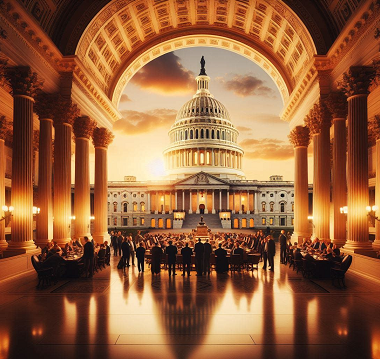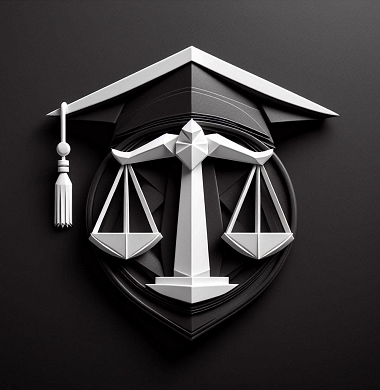Imagine a sprawling network of agencies, each specializing in a unique facet of keeping the nation safe. This network, the backbone of the US federal law enforcement system, safeguards our borders, investigates intricate crimes, and protects everything from national security to endangered species. Buckle up, because we’re about to delve into this fascinating world!
The Protectors: A Diverse Landscape of Federal Law Enforcement Agencies
The US federal law enforcement landscape boasts a diverse array of agencies, each entrusted with specific responsibilities. Here are three key players:
- The Federal Bureau of Investigation (FBI): Often referred to as the “nation’s top cop,” the FBI tackles high-profile crimes like terrorism, cyber threats, and public corruption. Think bank robberies, kidnappings, and counterintelligence – the FBI’s on the case.
- The Drug Enforcement Administration (DEA): As the name suggests, the DEA spearheads the fight against illegal drug trafficking within the US and internationally. From investigating drug cartels to coordinating international drug control efforts, the DEA plays a crucial role in curbing the drug epidemic.
- The United States Marshals Service (USMS): Ever seen those stoic figures in black suits escorting high-profile prisoners? That’s the US Marshals Service! They ensure the safekeeping of federal prisoners, apprehend fugitives, and protect federal judges and court personnel.
These are just a few examples. From the US Customs and Border Protection (CBP) securing our borders to the Bureau of Alcohol, Tobacco, Firearms and Explosives (ATF) regulating firearms, countless federal agencies work tirelessly to uphold the law.
Beyond the Badge: The Intricacies of Federal Law Enforcement
The work of federal law enforcement officers goes far beyond chasing bad guys (although that’s certainly part of it!). Here’s a glimpse into what a typical day might entail:
- Investigations: Agents spend countless hours collecting evidence, conducting interviews, and piecing together complex cases. Think meticulous analysis, undercover operations, and utilizing cutting-edge technology to crack the code.
- Community Outreach: Federal law enforcement agencies recognize the importance of community engagement. They work with local law enforcement, schools, and community organizations to prevent crime and foster trust.
- International Cooperation: Global threats demand a global response. Federal agencies collaborate with their international counterparts to tackle transnational crime, terrorism, and cyber threats.
The Path to the Badge: Becoming a Federal Law Enforcement Officer
Becoming a federal law enforcement officer is no easy feat. It requires a strong educational background, rigorous training, and a commitment to public service. Here’s a basic roadmap:
- Education: Most federal agencies require a bachelor’s degree in criminal justice, law enforcement, or a related field. Some may prefer additional experience in the military or law enforcement.
- Physical Fitness: Federal law enforcement work can be physically demanding. Expect rigorous physical fitness tests, including agility courses, timed runs, and strength assessments.
- Written and Oral Examinations: Candidates must demonstrate strong analytical and communication skills by excelling in written and oral exams.
- Background Investigation: A thorough background investigation is conducted to ensure the candidate’s suitability for the role.
- Training: Once selected, new recruits undergo intensive training academies that hone their investigative skills, firearms expertise, and knowledge of federal laws and procedures.
The Rewards and Challenges: A Life Dedicated to Service
A career in federal law enforcement offers a unique blend of rewards and challenges. Here’s a peek into both sides:
Rewards:
- Making a Difference: You’ll have the opportunity to directly impact the safety and security of your community and the nation as a whole.
- Diversity and Challenge: No two days are alike. Federal law enforcement careers offer a constant stream of diverse and challenging assignments.
- Benefits and Camaraderie: These agencies offer competitive salaries, comprehensive benefits packages, and the chance to forge strong bonds with fellow officers who share your dedication.
Challenges:
- Long Hours and Travel: Be prepared for long hours, irregular schedules, and potential travel associated with investigations and assignments.
- High Stress: The nature of the job can be stressful, demanding quick thinking and sound decisions under pressure.
- Risk and Danger: Federal law enforcement officers may face potentially dangerous situations in the line of duty.
Federal Law Enforcement: A Cornerstone of American Security
The vast network of federal law enforcement agencies serves as a cornerstone of American security. From safeguarding our borders to investigating intricate crimes, these dedicated individuals play a vital role in upholding the law and ensuring the safety of our nation.






